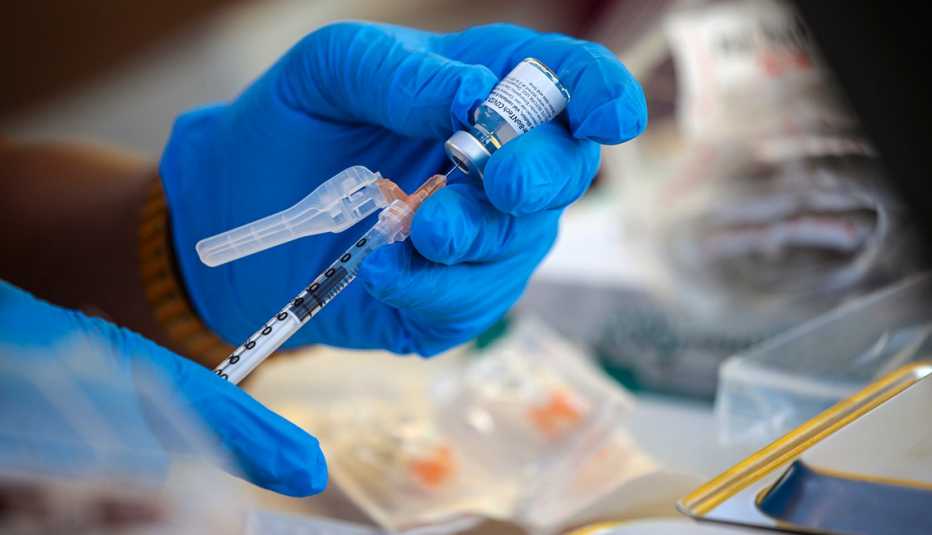AARP Hearing Center


President Joe Biden has announced strict new testing, masking and distancing requirements for federal employees who can't — or won't — show they've been vaccinated against the coronavirus, aiming to boost sluggish vaccine rates among the millions of Americans who draw federal paychecks and to set an example for employers around the country.
Biden's move for the federal government — by far the nation's largest employer — comes in the face of surging coronavirus rates driven by pockets of vaccine resistance and the more infectious delta variant. There are more than 2 million federal employees nationwide, and roughly 28 percent are age 55 or older, according to a 2020 analysis by FEDweek. A number of major corporations and some local governments also are setting new requirements on their own, but the administration seeks to promote much more action.
Pushback is certain. In an effort to mitigate opposition, officials have been careful to emphasize that the move does not amount to a vaccine mandate, but rather imposes stricter masking, testing, social distancing and travel restrictions on federal employees to encourage them to get vaccinated.
It could work: Evidence thus far shows workers would rather get the vaccine than deal with burdens they consider onerous, said Lawrence Gostin, a professor of global health law at Georgetown University Law School.
"People would much rather roll up their sleeves and get a jab than undergo weekly testing and universal masking,” he said. “In many ways, this is really not a mandate, it's giving workers a choice."
About 60 percent of American adults have been fully vaccinated. Biden had set a July 4 goal to get at least one shot in 70 percent of adults, and is still not quite there. The latest figure is 69.3 percent.
Federal policy could be a model for private employers
The administration hopes the new requirement for federal workers will nudge private companies to push their employees harder to get vaccines that, while widely recognized as safe and effective, have yet to receive full approval from the Food and Drug Administration.





























































More on work
9 Ways Your Office Might Be Different Once You Return
Staggered work schedules, single-serving snacks and new elevator practices are some ways the pandemic is changing work
5 Ways to Cope with Return to Office
Expert tips to combat anxiety and reenergize your work routine
5 Ways the Pandemic Has Changed Job Hunting
Hiring experts tell how looking for work will be different in 2021